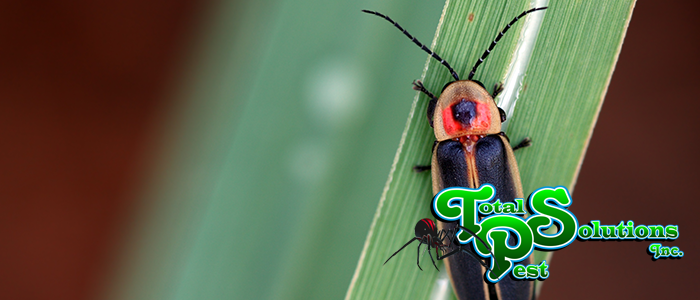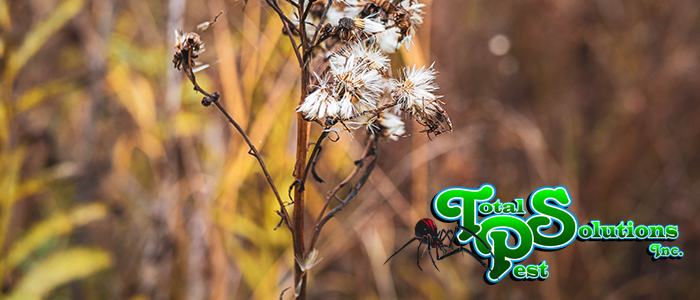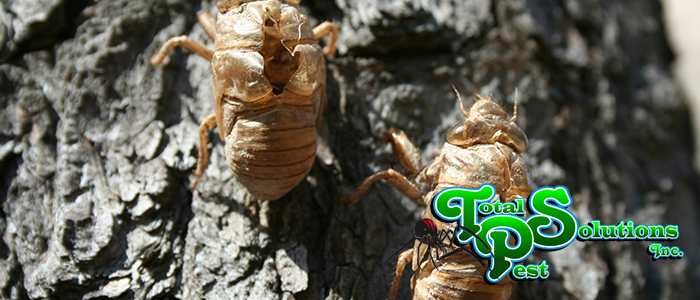
Bumblebees are fuzzy little creatures that bump into flowers and spread pollen. Fortunately, they are now regarded by many people as a species to be preserved rather than a pest. Bees are actually one of the few species that pest control companies do not kill. Instead, bee removal experts trap bee colonies and move them to a location safer for the bees and the humans. Read on to learn why we are so focused on protecting the bees.
Pollinators Extraordinaire
Bees do a lot of heavy lifting when it comes to helping feed humans. Without their pollination, there is an extremely long list of crops we would be going without.
- A variety of nuts, including Brazil nuts, macadamia nuts, cashews, almonds, and chestnuts.
- Different melons, like cantaloupes and watermelons.
- Highly consumed crops, such as cocoa beans and coffee beans.
- More fruits and vegetables than there is room to list on this page.
Over 250,000 species of flowering plants rely on bee pollination in order to bloom every year.
Current Threats To Bees
Unfortunately, bees are under fire from many directions. The western bumblebee, the fuzzy little pollinator so many people know, has been hit hard by viruses and bacteria. Bumblebees also have to fight off invasive parasites from around the world. The world loses as much as 33% of honeybees to mysterious diseases
The biggest offender, however, is industrial agriculture. Big agriculture leans heavily on two things that are detrimental to the bees: monocultures and pesticides. Monoculture is the repeated growth and sole focus on one variation of one crop. This lack of variation stifles bees who rely on a wide diversity of plants to thrive. Pesticides used to repress harmful pests also attack innocent bugs, such as bees.
The Consequences Of No Bees
If bees are gone, scarcity for most of the world’s produce will exponentially increase – along with prices. Obviously, this will impact how humans eat. We would lose most of the biodiversity within our food. There would likely be one type of each product – the type supplied by industrial agriculture.
Another concern is how humans will create medicine. Many of the medicines in today’s pharmacies use derivatives or various parts of plants. If there aren’t flowering plants to process, the medicine supply will disappear.
Finally, experts say human clothing will be inextricably altered due to the lack of natural fibers. The supply of cotton in particular would plummet. This raises additional medical concerns. People with skin conditions often rely on natural fibers to help soothe their skin.
Essentially, humans would be short on many of the products we need, if not lose them completely. Bees are invaluable to humans because without them, entire ecosystems, including humans would sharply decline and maybe even collapse.
continue reading
Related Posts
Early Lovebug Prep in Winter Haven: Protecting Exteriors Before Swarms
Auburndale’s Winter Weed Resurgence: Targeting Poa Annua As the vibrant
Davenport’s Pine Beetle Threats: Protecting Trees in Dormant Season As







